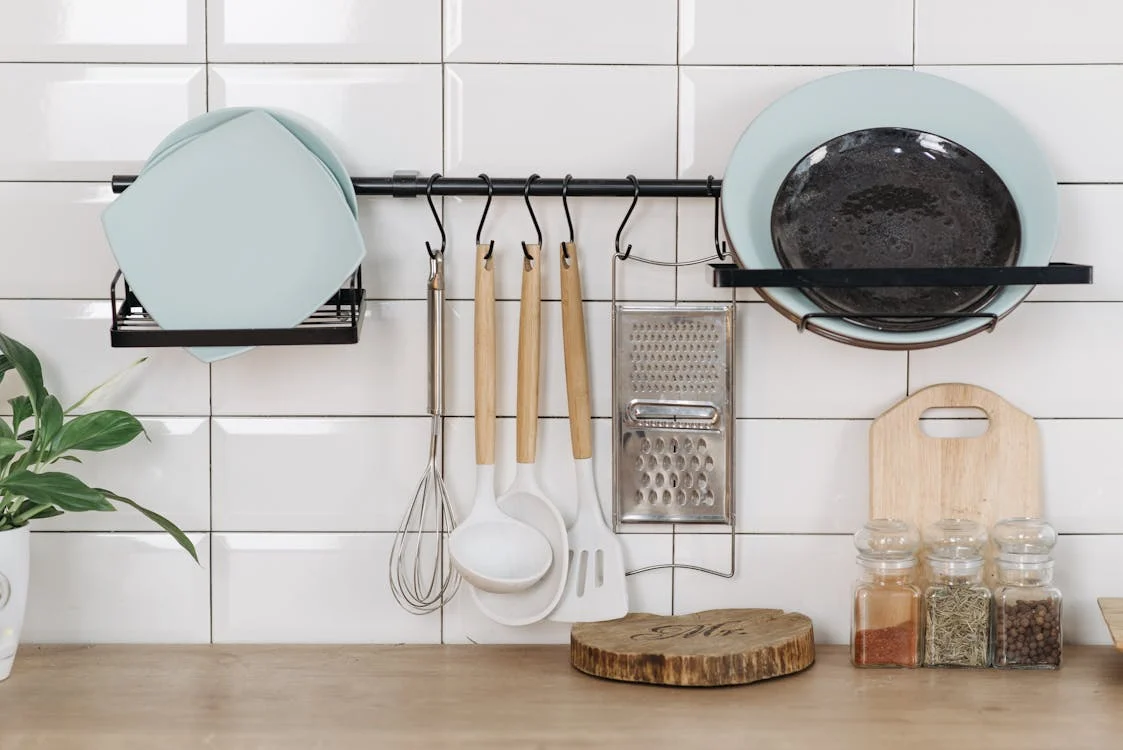As the heart of the home, the kitchen is a vital space where we prepare our today food recipes meals, share stories, and create lasting memories. However, it can also be a significant contributor to our carbon footprint. By making some intentional changes, you can transform your kitchen into a more eco-friendly environment. Here are some practical tips to help you reduce waste, conserve energy, and embrace sustainability.
Choose Energy-Efficient Appliances
Not only do these appliances consume less energy, but they can also save you money on your utility bills in the long run. When replacing old appliances, consider options like induction cooktops and energy-efficient refrigerators that minimize energy use.
Reduce Single-Use Plastics
Single-use plastics contribute significantly to landfill waste. To combat this, make a conscious effort to reduce their use in your kitchen. Opt for reusable items such as cloth bags for grocery shopping, glass containers for food storage, and stainless-steel straws for beverages. Invest in a good set of silicone or beeswax wraps to replace plastic wrap for food storage. These small changes can significantly decrease your plastic footprint over time.
Compost Organic Waste
Composting is a fantastic way to minimize food waste and enrich your garden soil simultaneously. Set up a compost bin in your kitchen or yard for vegetable scraps, coffee grounds, and eggshells. Not only will this reduce the amount of organic waste that ends up in landfills, but it will also create nutrient-rich compost for your plants. If you live in an apartment, consider a countertop compost bin that allows you to collect scraps for later disposal in a community composting program.
Embrace Local and Seasonal Produce
Support local farmers and reduce your carbon footprint by purchasing seasonal produce. This not only helps the environment by cutting down on transportation emissions but also supports your local economy. Visit farmer’s markets or join a Community Supported Agriculture (CSA) program to enjoy fresh, organic fruits and vegetables while minimizing the environmental impact of your food choices.
Practice Water Conservation
Water conservation is crucial in creating an eco-friendly kitchen. Install a low-flow faucet aerator to reduce water usage without sacrificing pressure. Be mindful of your water consumption while washing dishes—fill the sink with soapy water instead of letting the tap run. Also, consider using a dishwasher if you have one, as it typically uses less water than washing dishes by hand, especially if run with a full load.
Use Eco-Friendly Cleaning Products
The cleaning products you use can affect both your health and the environment. Choose eco-friendly, biodegradable cleaning supplies, or even make your own using simple today food recipes ingredients like vinegar, baking soda, and essential oils. Not only are these alternatives gentler on the environment, but they can also be safer for your family, reducing your exposure to harsh chemicals.
Making your kitchen more eco-friendly is not only beneficial for the environment, but it can also enhance your overall lifestyle. By implementing these simple changes, you can create a sustainable space that reflects your values while enjoying the numerous advantages of eco-conscious living. Start with one or two changes today, and gradually incorporate more sustainable practices into your daily routine for a greener future.
